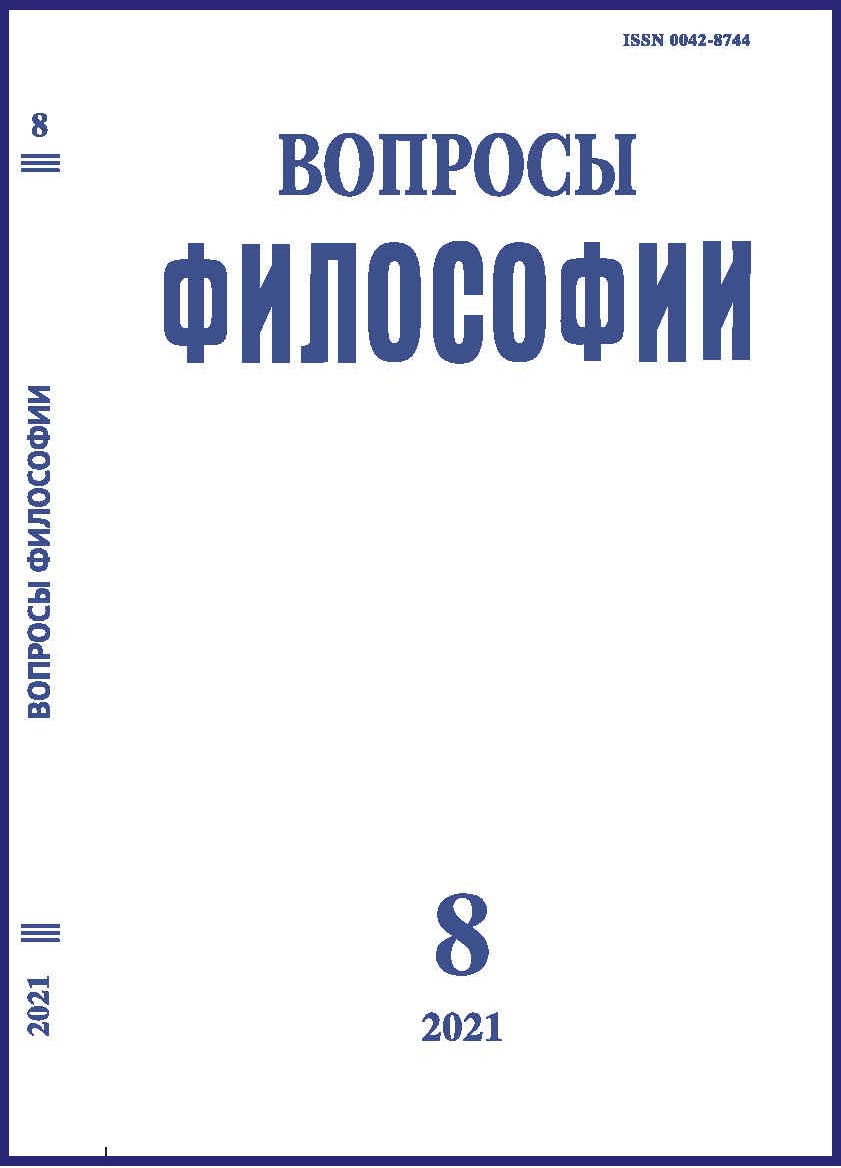The Image of the Information Society in Culture: Optimism Gives Way to Pessimism?
DOI:
https://doi.org/10.21146/0042-8744-2021-8-25-35Keywords:
information society, knowledge society, information, knowledge, communication, “uncanny valley”, “Zoom fatigue”, information and communication technologies, information pollution, robotization, information cocoonAbstract
During its existence, the idea of an information society has undergone significant changes, many concepts of the information society have appeared, as well as related concepts of a network, communicative, digital society. The purpose of this article is to trace the transformation of the “image” of the information society in culture from the stage of expectations of the embodiment of its main parameters to the peculiarities of vision and assessment of its characteristics, which have become everyday reality today. In the definitions and assessments of the information society, proposed by philosophers and sociologists at the end of the last century, its technological characteristics, which are quite optimistic for society, were emphasized. Three decades later, negative assessments of the modern “information landscape”, such as Internet addiction, information pollution, information stress, began to prevail in discussions about the impact of these characteristics on everyday life. “Technological optimism” is replaced by “humanitarian pessimism”, that is, the emphasis from technological advances is shifted to the impact of information technology on a person, his psycho-emotional state, consciousness, worldview, and cognitive abilities. The objectives of the article include the analysis of real changes in consciousness, psyche and human brain, caused by the introduction of information technology in the daily life of people. All these processes lead to the formation of a negative image of the “digital society”, to the rejection of the realities associated with it. But the fact that the information society in its ideal embodiment did not take place does not negate the growing role of information technologies in modern life. And against this background, the author believes, a purposeful, including a philosophical analysis of relevant problems is needed in order to understand how to balance the image of the “person – information environment” system. Information ecology can play a significant role in such analysis.

